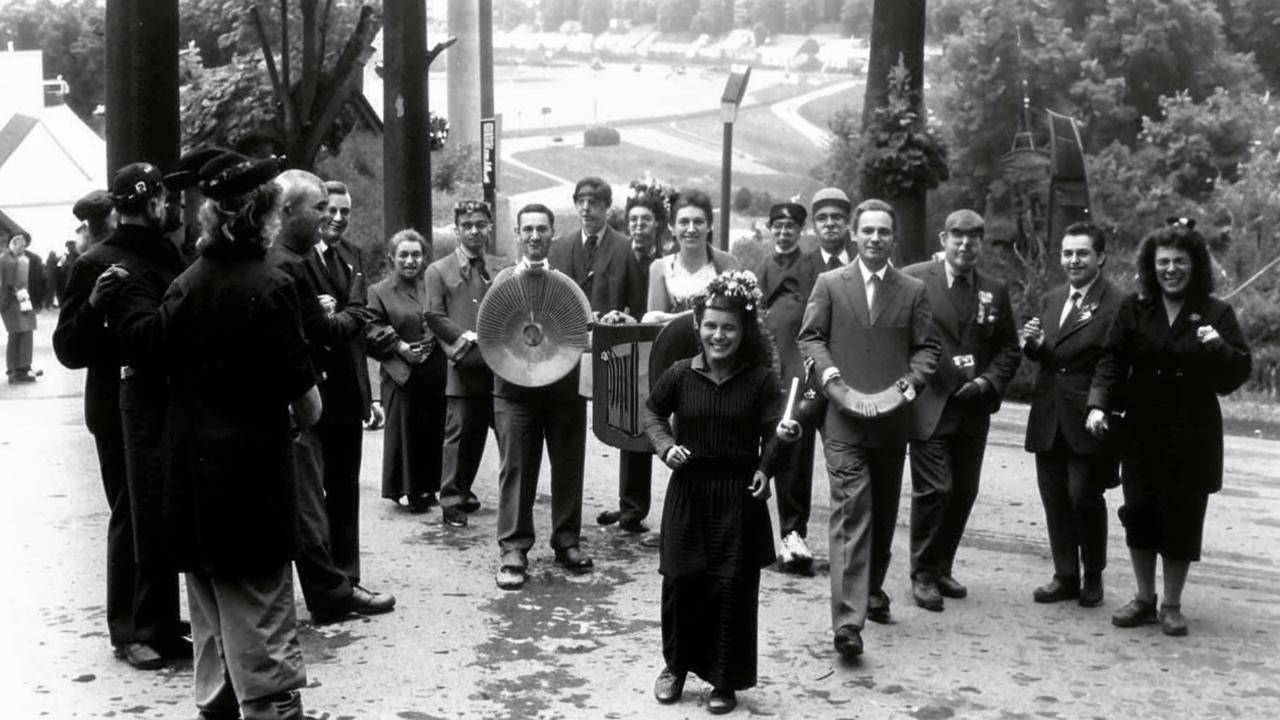Morning running is an activity for those who want to lose excess weight, tighten their body and improve their health. Any motivation has a place, but before you start, you need to learn more about the impact of running on the physical and mental state of our body.
In this article we will tell about running in the morning – what it is useful, what happens to our brain during this activity and how to properly start jogging without damaging health.

trainer
Running in the morning perfectly gets rid of drowsiness, frees the mind for fresh thoughts and new ideas, sets up for a productive day.
What are the benefits of running in the morning?
Once you start running in the morning, you will feel the first changes in a couple of weeks. You’ll become more disciplined as you’ll have to work out a training schedule and monitor how you feel.
Keep an eye on your heart rate and blood pressure, you need to constantly monitor your medical indicators.
According to the expert, on average, the heart rate during such jogging should vary between 120-130 beats per minute for amateurs, professional athletes are not taken into account. According to the guidelines of the Center for Disease Control and Prevention, a blood pressure of less than 120/80 mm Hg is considered normal. And let’s not forget that everything is very individual! Heart rate and blood pressure will vary: depending on gender, age, training, and individual characteristics.
The second change has to do with an improved physical and mental state. The athlete’s circulatory system works much more efficiently, the heart muscles are strengthened, the risk of heart attack and stroke is reduced, immunity improves, and jogging in the fresh air increases lung capacity.
In addition, there will be a normalization of metabolic processes, so you can lose extra pounds. Cardio workouts are considered the most effective for this purpose. They set the overall tone of the muscles, evenly distributing the load.
trainer
Contraindications to such a run can be intervertebral hernias, heart disease, hypertension, knee injuries, varicose veins and severe overweight, pelvic organ prolapse in women. But this does not mean that you should deny yourself morning activity. Instead of running, you can choose to exercise in the fresh air and active walking.
How does morning running affect thinking and brain function?
After a morning run, you can feel like a whole new person, ready to conquer the world. And this is not by chance. Let’s try to understand the scientific research in the field of neuroscience and psychology.
Studies by Colombian scientists have proven that aerobic exercise affects subsequent cognitive clarity. In other words, a person’s cognitive performance is directly related to the frequency of cardio exercise in their life. Researchers conducted an experiment and determined that aerobic exercise significantly more than strength training affects the quality of thinking.
They selected volunteers of different ages, non-smokers and without cognitive impairment. None of the subjects regularly practiced sports. They were divided into two groups: the first – for the next six months four times a week performed cardio training, the second – engaged in strengthening the muscles of the cortex. The result showed that representatives of the first group improved their executive function score by 0.5 points on average. That is, it became easier for them to solve complex tasks, identify errors in time and concentrate attention. In the second group, the result was estimated at 0.25 points.
trainer
Running in the morning perfectly gets rid of drowsiness, frees the mind for fresh thoughts and new ideas, sets up for a productive day. Even very short jogs of 10-15 minutes will do. The main thing is with what mood you do it, it is important not to give morning jogging a violent character. Everything should be in pleasure.
In addition, it is vigorous aerobic exercise, performed in the morning, causes the birth of new neurons. This is what Karen Postal, president of the American Academy of Clinical Neuropsychology, says:
If you exercise until you break a sweat – about 30 to 40 minutes – you generate new brain cells.
The new cells are generated in the hippocampus, a region of the brain associated with learning and memory. This explains why people who run regularly in the morning have better memory.

Changes after jogging are also recorded in the frontal lobes of the brain. True, activity in these areas is observed only in those who run for more than a year. After 30-40 minutes of cardio-loading in runners increases blood flow to this part of the brain, which is associated with planning, attention and concentration, goal setting and time management.
This same area also helps regulate emotions. This topic has been studied in detail by Emily Bernstein, a psychologist and professor at Harvard University. Her test involved 80 people, to whom Bernstein included an emotionally demanding scene from the movie “Champion” (1979).
Before the screening, some of the participants jogged for 30 minutes, while the rest did nothing. After the screening, everyone took a survey about the impressions they had of the movie. The participants who jogged recovered more quickly from the emotional scene than the others.






